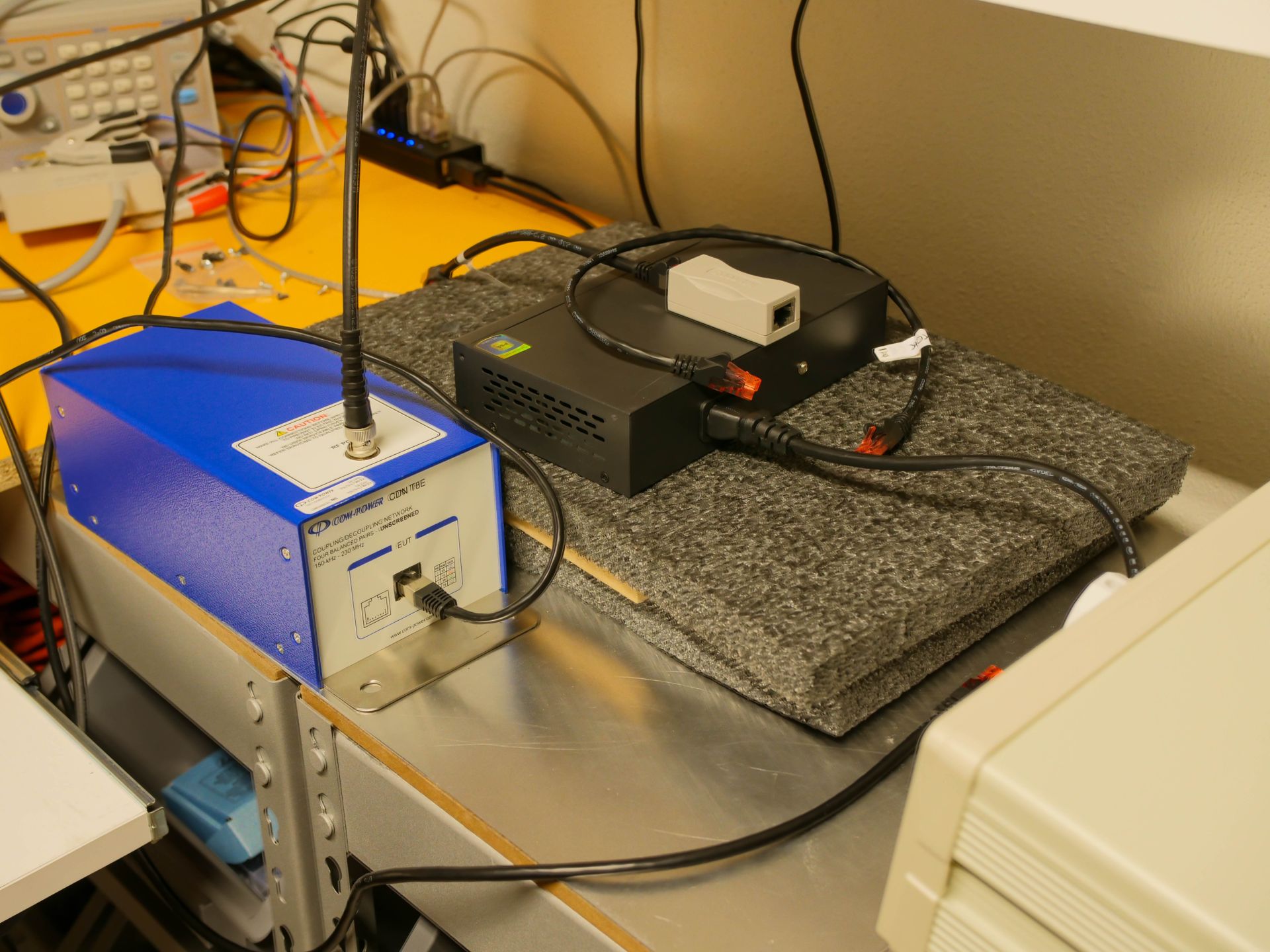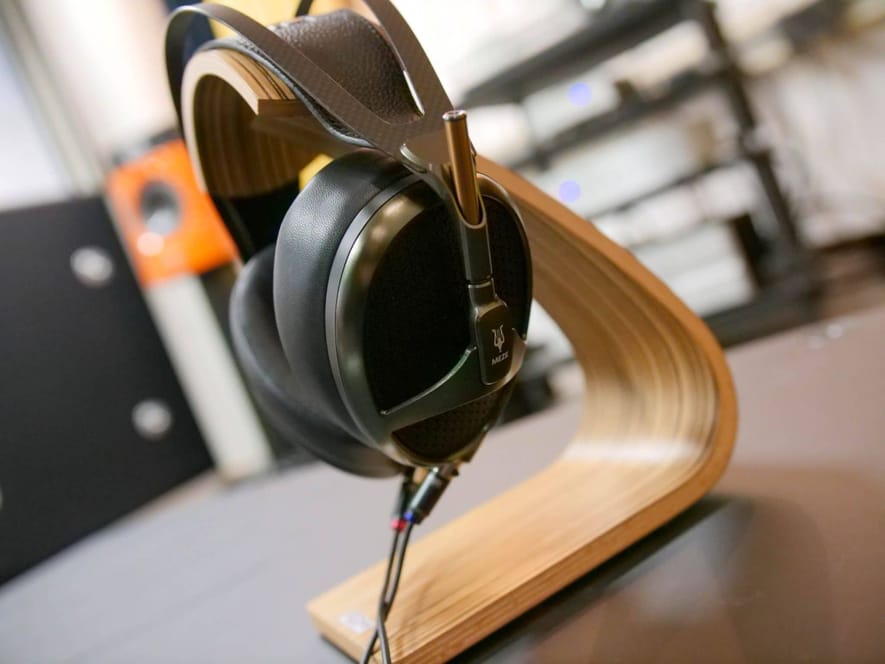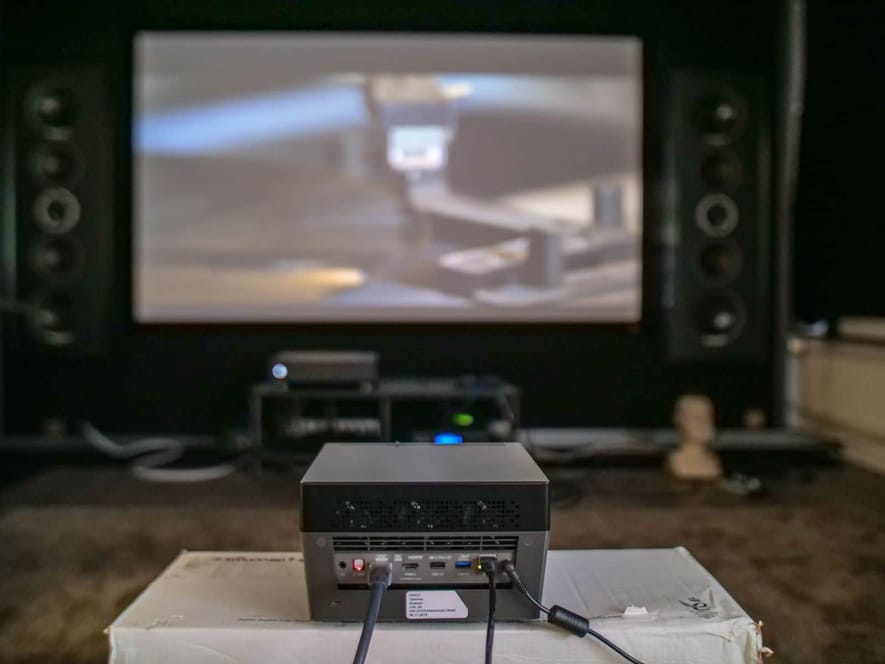AAI
Accuphase
Acoustic Energy
Advance Acoustics
Advance Paris
Amphion
Anthem
Arcam
ASR
ATC
Atlas Cables
Atoll
Audeze
Audio Analogue
Audio Physic
Audio Research
Audio Technica
Audiolab
AudioNote
Audioquest
Audiovector
Auralic
Aurender
AvantGarde
AVM Audio
Ayon
B System
Benchmark
Bergmann
Bluesound
Bowers Wilkins
Bryston
Cabasse
Cambridge Audio
Campfire
Canvas Audio
Cavus
CEC
Chord Company
Chord Electronics
Classé Audio
Clear Audio
Cocktail Audio
Copland
Creactiv
Creek
Crestron
Cyrus
DALI
Dan Clark
dCS
Definitive Technology
Denon
Devialet
Driade
DS Audio
Dutch & Dutch
Dynaudio
Dyrholm
Elac
Epson
Esoteric
ETI Research
Eversolo
Falcon Acoustics
Final
Final HP
Finite
Flexon
Focal
Focal HP
Furutech
Fyne Audio
Gato
Geneva Audio
Gold Note
Goldring
Grado
Graham
Grimm
Guru
Halcro
Harbeth
HEDD
HEED
Hegel
Hepta
Hifi Rose
Hifiman
IFI
Inakustik
Innuos
Isoacoustics
Isotek
JBL
Jelco
JK Acoustics
JL Audio
JVC
Kef
Kii Three
Kimber
Kinki Studio
Knosti
Kora
Kudos
LG
LHY
Lindemann
Living Voice
Loewe
Lumin
Luxman
Lyngdorf
Marantz
Mark Levinson
Martin Logan
Master Base
McIntosh
Meitner
Melco
Metronome
Meze
Michi
MIT
MoFi
Mola Mola
Monitor Audio
Montaudio
Moon
MrSpeakers
Musical Fidelity
Mutec
Mytek
NAD
Nagaoka
Naim
Neat
Norstone Cables
OePhi
Optoma
Ortofon
Panasonic
Pass Labs
Perlisten
Piega
Plenq
Plixir
PMC
Primare
Pro-Ject
Projecta
PSB
PSI
Pura
Purist Audio Design
Q Acoustics
QED
Quad
Rega
REL
Revel
Ricable
RME
Roksan
Roon
Rotel
RTI
Ruark
Sennheiser HP
Shunyata
Silent Angel
Sivga
SMSL
Sonance
Sonos
Sonus Faber
Sony
Soulnote
Spectral
Spectral meubels
Spendor
Stax
Supra
SVS
System Audio
T+A
TAD
Technics
Thorens
Tonar
Totem
Transrotor
Trinnov
Unison Research
Van den Hul
Velodyne
Violectric
Vitus Audio
Volumio
Wattgate
WBT
Wharfedale
WiiM
Wireworld
Xavian
Xindak
Yamaha







